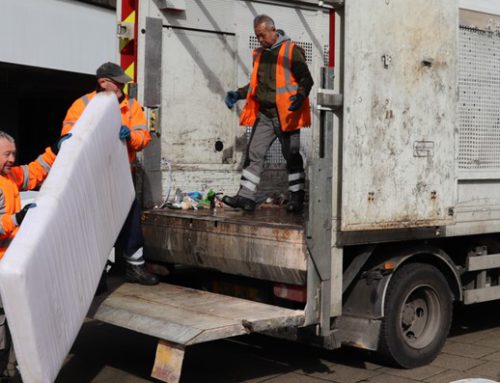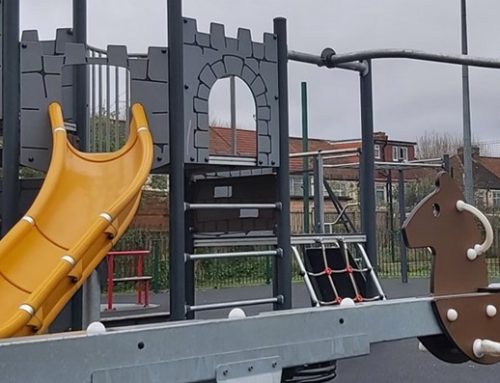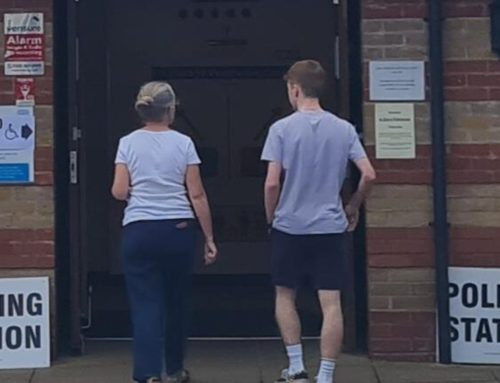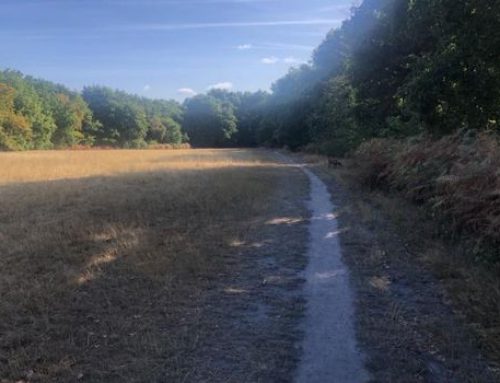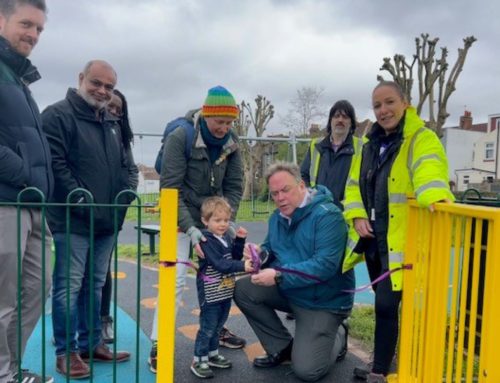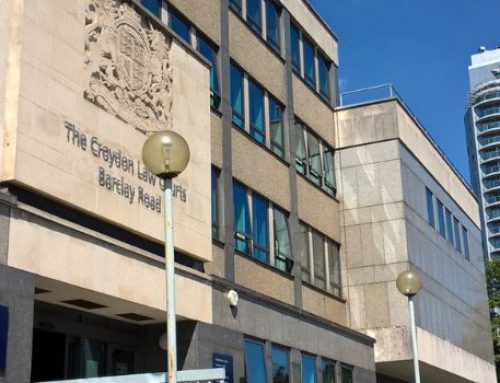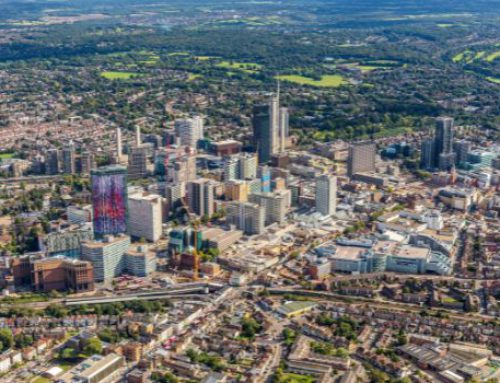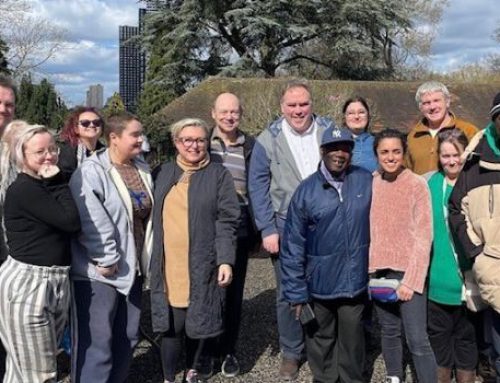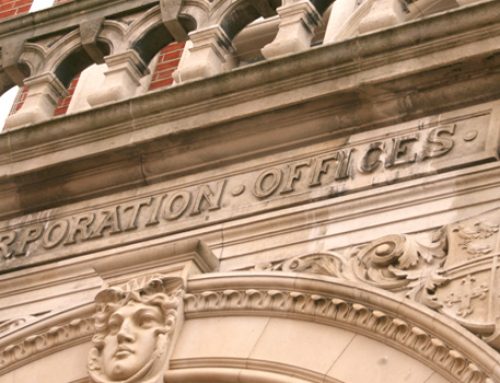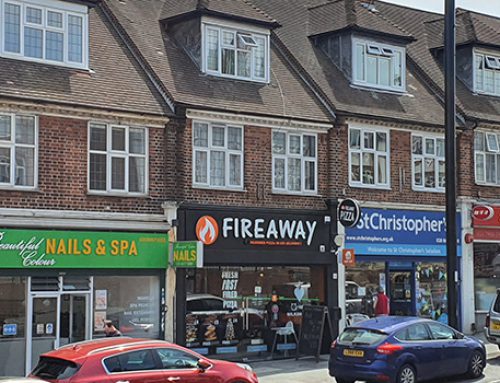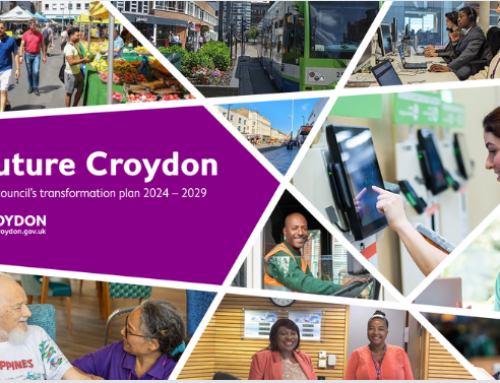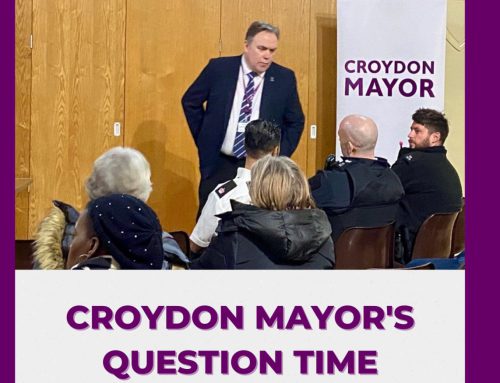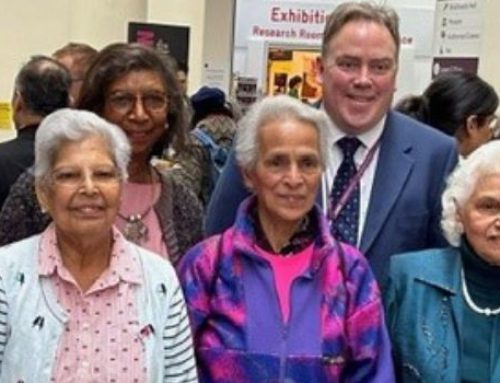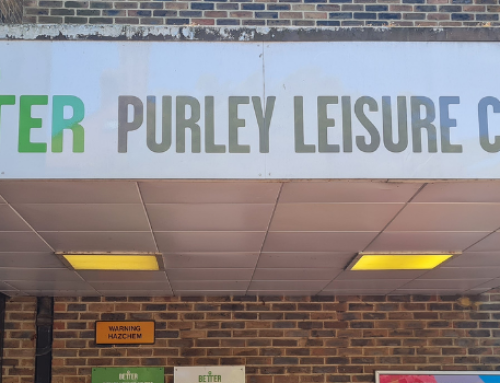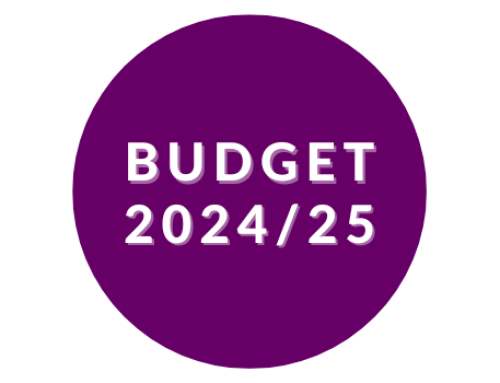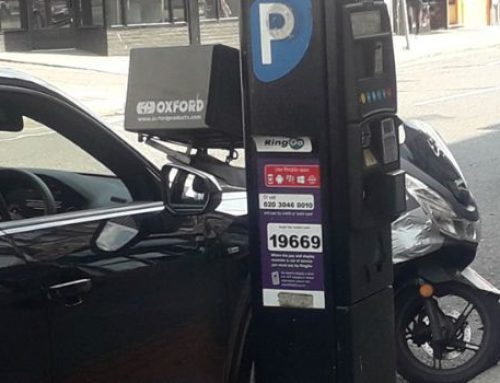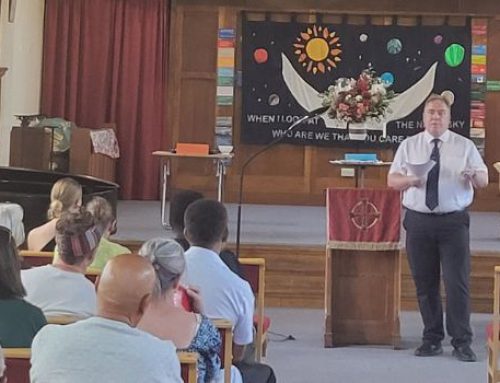The council is asking for views on plans to improve five Croydon Healthy Neighbourhoods set up to make local streets quieter, safer and healthier.
Croydon introduced these temporary schemes last year in response to government calls for councils to encourage walking and cycling using road closures, and as part of the long-term response to the borough’s climate emergency declaration.
Having listened to residents’ feedback, the council is launching five surveys – 16 June until 14 July – on proposed changes to five Healthy Neighbourhood schemes in Broad Green and Addiscombe.
The changes aim to keep these schemes’ benefits while improving access for local people. The proposals are to extend four of the five schemes for up to 18 months on an experimental basis with some changes following resident feedback. The council is consulting on making a fifth scheme permanent.
For three of the schemes – at Dalmally Road and Elmers Road in Addiscombe and at Sutherland Road in Broad Green – the council proposes to replace planters with enforcement cameras. This would improve access for residents, emergency vehicles and drivers with permit exemptions, such as black taxis and Dial-a-Ride.
The council is also offering two new options for local residents to comment on the best local solution to a fourth scheme in the Parsons Mead area of Broad Green, including one-way traffic changes at Derby Road and enhanced visibility.
Any changes to these four schemes would need approval at the Traffic Management Advisory Committee (TMAC), would last up to 18 months and include air quality and traffic level monitoring before any decision on whether to make them permanent.
The council is also consulting on making permanent the popular planter closure at Kemerton Road. This would require a final decision at TMAC in October.
To take part in the surveys and consultation, visit www.croydon.gov.uk/healthyneighbourhoods

“We set up these schemes in response to requests from residents who wanted a safer, quieter and less polluted local environment, and these schemes are already encouraging more active travel and reducing congestion.
“After listening to local feedback, these proposed changes aim to allow access for local people, essential journeys and emergency services while encouraging more walking and cycling, making our streets healthier, and reducing Croydon’s carbon footprint. I urge as many people as possible to have their say on these updated proposals.”
Councillor Muhammad Ali, cabinet member for sustainable Croydon
Later this year the council will consult on the future of other similar schemes in Croydon, which are funded by Transport for London and the Department for Transport.


